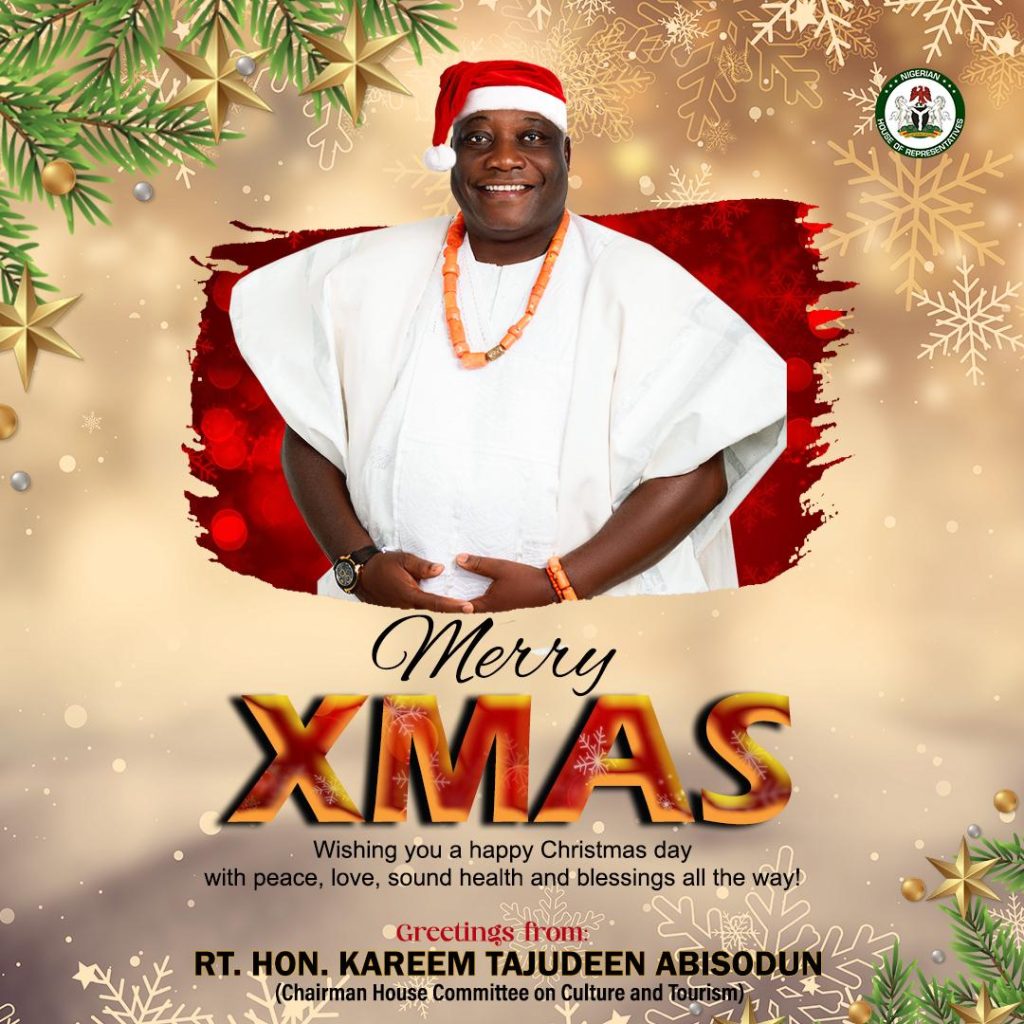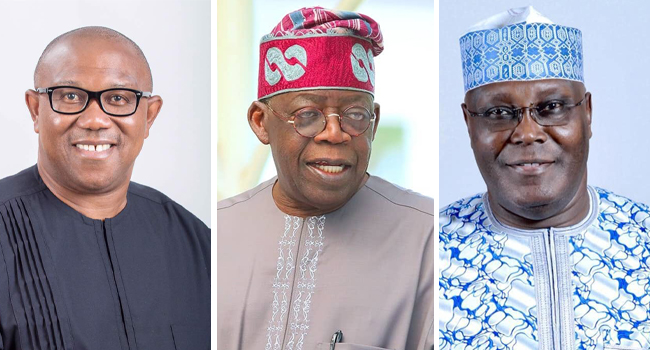The All Progressives Congress (APC) has firmly rejected the idea that an alliance between opposition leaders, particularly former Vice President Atiku Abubakar and former Anambra Governor Peter Obi, would be able to unseat President Bola Tinubu in the 2027 elections.

In an exclusive interview on Tuesday, the APC’s National Publicity Director, Bala Ibrahim, dismissed the notion as an “illusion,” asserting that no coalition of opposition figures could challenge the ruling party’s hold on power.
Ibrahim’s remarks came in response to comments made by Atiku’s spokesperson, Paul Ibe, who suggested that both Atiku and Obi had “learned their lessons” from the 2023 elections and were prepared to unite to defeat the “incompetent and clueless” APC administration.
Ibe’s statement, made during an appearance on Channels Television’s Politics Today, noted that the combined votes of Atiku and Obi—amounting to around 12 million—should have been enough to prevent Tinubu’s victory in the last election, which he argued had exacerbated the country’s economic and social difficulties.

While there has been some support for the idea of a coalition among opposition parties, including those from the Coalition of United Political Parties (CUPP) and the Social Democratic Party (SDP), many have emphasized that such an alliance would need to prioritize credible elections, rather than simply focusing on unity between the two 2023 presidential contenders.
CUPP’s National Secretary, Peter Ahmeh, acknowledged that a united opposition could enhance the chances of defeating the APC, but stressed that a more fundamental issue lay in ensuring free and fair elections.
Ahmeh suggested that a coalition without a commitment to electoral integrity would be futile, as electoral manipulation and draconian leadership could still skew results.

The SDP’s National Chairman, Shehu Gabam, was even more skeptical about the prospects of a successful opposition coalition, citing a deep trust deficit among Nigeria’s political parties.
Gabam suggested that a movement focused on credible individuals with a track record of service and leadership would be a more viable path forward.
Meanwhile, the All Progressives Grand Alliance (APGA) expressed its openness to alliances with other progressive forces. The party’s National Chairman, Sly Ezeokenwa, highlighted APGA’s readiness to work with like-minded parties to create a more united and progressive Nigeria.
In contrast, the APC’s Bala Ibrahim dismissed the possibility of a coalition between Atiku and Obi, whom he referred to as “strange bedfellows,” and emphasized that the APC would continue to capitalize on its strengths to maintain its dominance.
Ibrahim also mocked the opposition for what he described as their failure to grasp the “superior tactics” of the ruling party, suggesting that they would face another defeat in 2027.



